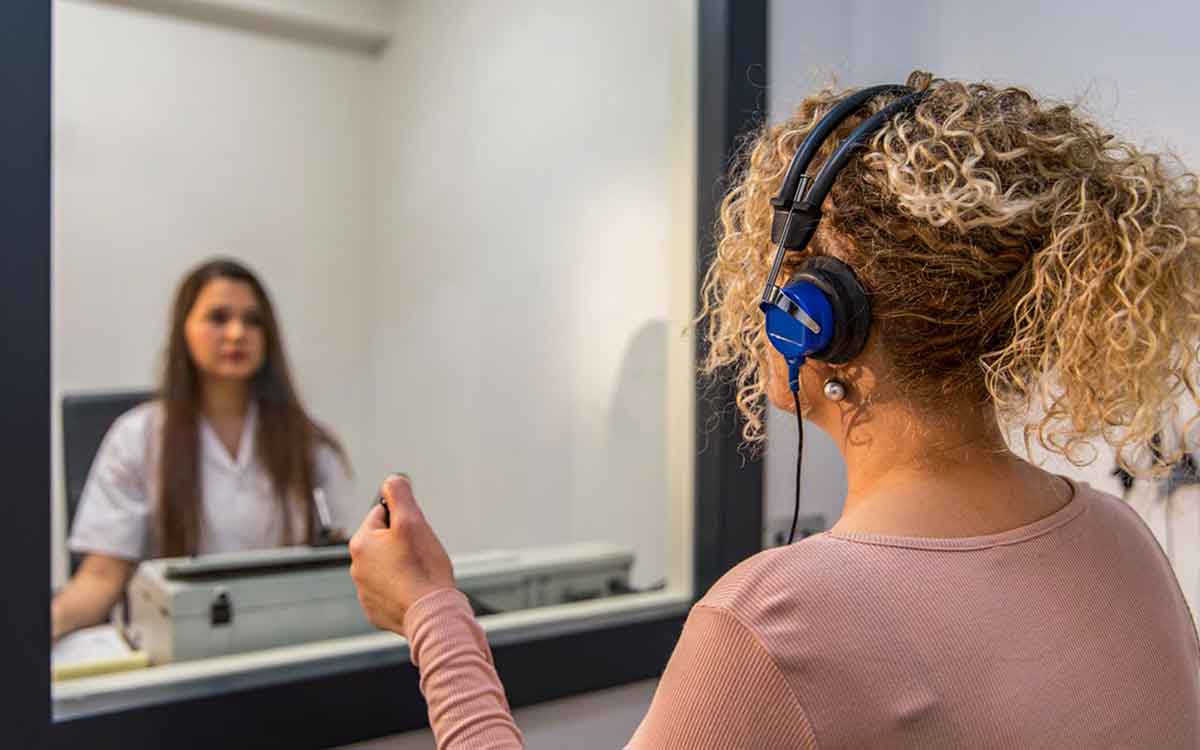
When should you schedule a hearing test? Here are several indications you should get your hearing checked.
Recently, my kids complained about how loud my television was. My answer …” What?!” It was funny because it was a joke. But there’s nothing comical about neglected hearing loss. The volume of the TV has been increasing. And I began to think about whether I should schedule a hearing assessment.
There aren’t many good reasons not to arrange a hearing test. They’re not invasive, there’s no radiation, and you don’t have to feel uneasy about discomfort. Just take a quick moment to book an appointment.
Considering how much untreated hearing loss can affect your health, it’s important to be more cautious about it.
Signs you should get a hearing exam
If you’ve recently noticed any symptoms of hearing loss, it’s probably a good idea to get a professional hearing assessment. Clearly, if things are hard to hear, that’s a pretty solid indication of hearing loss.
- Background noise can be overwhelming: Have you ever struggled to hear a conversation in a noisy or crowded space, where the surrounding din makes it hard to catch every word? It’s possible that this could be an indication of a loss of hearing.
- People always seem to be talking unclearly: The problem might not always be volume but rather clarity.
- You often miss text messages: Your phone is intended to be loud. If you routinely fail to notice incoming calls or texts, the issue may be that you’re not able to hear them.
- Persistent ringing sound: A continuous sensation of ringing in your ears, referred to as tinnitus, is typically a sign of damage to your hearing.
Here are several other situations that suggest you should schedule a hearing assessment:
- Your ear is still clogged following an infection
- You have a buildup of earwax you can’t clear by yourself
- You take specific medications that can damage your hearing
- Identifying where sounds are coming from can be difficult
- You have vertigo
Routine checkups
Even if you’re not observing any obvious symptoms, it’s still significant to schedule regular hearing exams.
- Get a baseline test done at some point after you’re 21.
- If your hearing is healthy, undergo hearing assessments every three years.
- If you demonstrate signs of hearing loss, get it checked right away and then every year after that.
Regular screenings can help you detect hearing loss before any warnings appear. The earlier you get treatment, the better you’ll be able to preserve your hearing in the long run. So you should decrease the volume on your television and consider setting up a hearing assessment.
